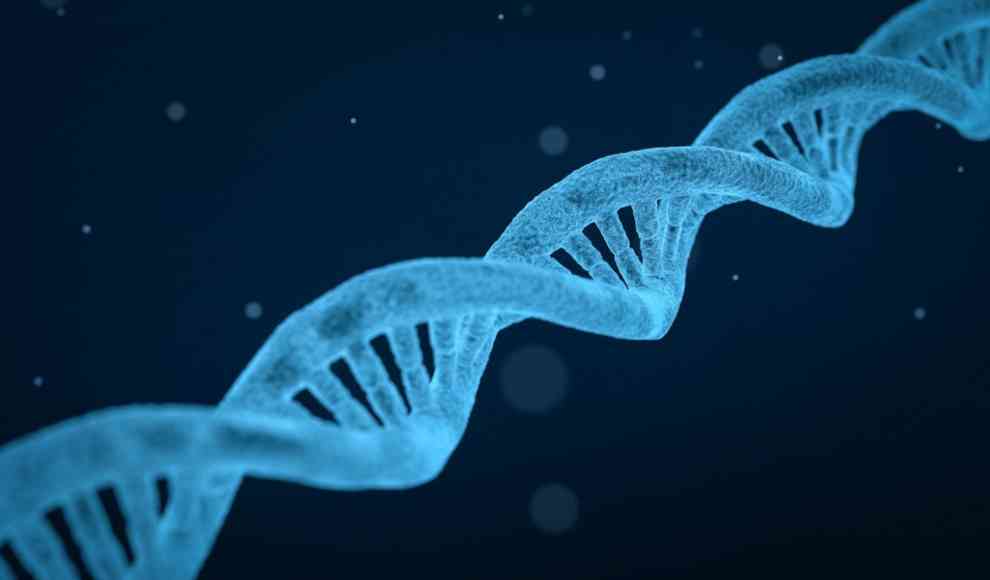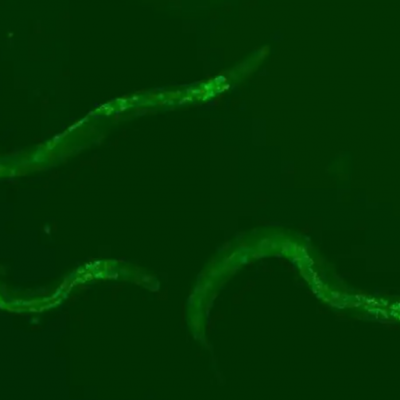Scientists at the Whitehead Institute for Biomedical Research have developed a gene switch called CRISPRoff that can permanently deactivate individual genes without altering DNA. The technique, recently presented in the journal Cell, does not change the DNA itself but prevents the information stored in a gene from being read and transcribed into RNA. The CRISPRoff gene switch manipulates the epigenetics of a cell and can be inherited over hundreds of cell divisions, even if the cells change their cell types. The technology is based on the bacterial enzyme Cas9, which is used in a deactivated form to mark the desired genes with carbon and hydrogen atoms that form a methyl group. The CRISPRoff gene switch copies the mechanism of methylation, which is also used by cells to deactivate DNA segments.
The researchers also developed a counterpart to CRISPRoff called CRISPRon, which removes all methyl groups from genes and reactivates previously deactivated gene segments. According to the study, the scientists were able to deactivate significantly more different DNA segments with CRISPRoff than they had expected. The new technology could be used for further research into epigenetic processes and gene inheritance without directly altering the DNA of cells. Compared to the previously used CRISPR-Cas system, the advantage of CRISPRoff is that the DNA does not have to repair itself when the technology is used. The researchers hope that CRISPRoff could also be used in medicine to deactivate disease-causing genes.
The CRISPRoff gene switch is based on the same bacterial enzyme Cas9 as the CRISPR-Cas gene scissors, which have already been used in experiments on babies. However, in contrast to CRISPR-Cas, the deactivated version of Cas9 is used in CRISPRoff. The bacterial enzyme Cas9 is not used as a cutting tool in CRISPRoff, but to mark the desired genes with carbon and hydrogen atoms that form a methyl group. The CRISPRoff gene switch copies the mechanism of methylation, which is also used by cells to deactivate DNA segments. The researchers hope that CRISPRoff could be used for further research into epigenetic processes and gene inheritance without directly altering the DNA of cells.










